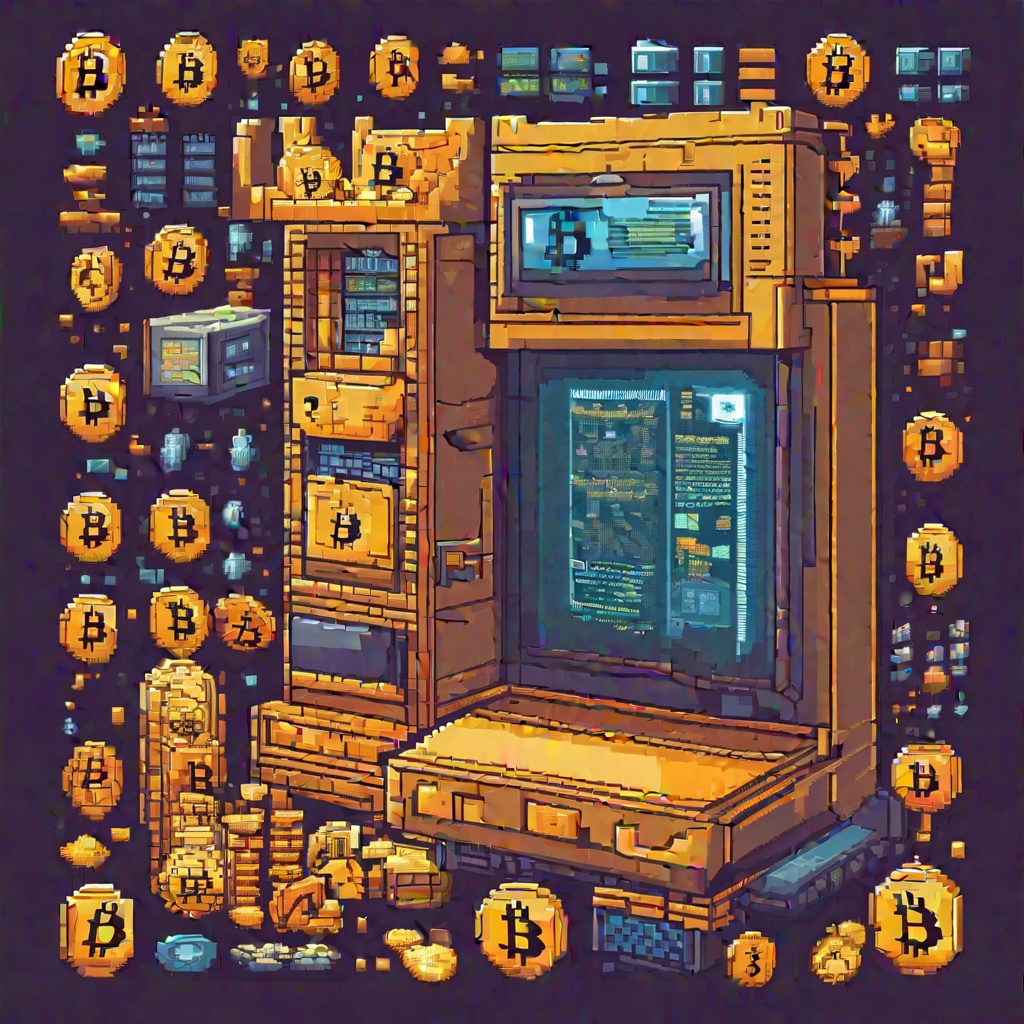What makes QTUM different from other cryptocurrencies?
Could you elaborate on the unique features that set QTUM apart from the myriad of cryptocurrencies in the market today? Are there any technological innovations or distinct functionalities that give QTUM an edge in terms of scalability, interoperability, or security? How does its hybrid blockchain approach, combining the benefits of Bitcoin's UTXO model and Ethereum's smart contract functionality, enhance its value proposition? Additionally, what are some of the key use cases or applications that QTUM aims to enable, and how does it aim to achieve widespread adoption in the long run? I'm interested in understanding what makes QTUM a compelling investment and why it stands out from its competitors.

How is investing in stocks different from investing in crypto?
Could you elaborate on the key differences between investing in traditional stocks and investing in cryptocurrencies? I'm curious to understand how the risk profile, liquidity, regulation, and potential returns differ in these two investment avenues. Specifically, I'd like to know how the volatility of cryptocurrencies compares to that of stocks, and what factors investors should consider before allocating funds into either asset class. Additionally, I'm interested in learning about the regulatory landscape surrounding cryptocurrencies and how it may affect investors' decision-making process.

How is dYdX different from Uniswap?
In the vast landscape of decentralized finance, two prominent protocols often come to mind - dYdX and Uniswap. Both platforms offer distinct services within the crypto ecosystem, but how do they truly differ? dYdX, a layer-two decentralized exchange, prides itself on its focus on margin trading and derivatives. Its robust infrastructure allows for high-speed transactions with low latency, making it a favored destination for professional traders. In contrast, Uniswap, a popular automated market maker, offers a user-friendly interface and simple token swaps. It caters more to retail investors and casual crypto enthusiasts, providing liquidity and instant swaps without the complexities of margin trading. As we delve deeper, it becomes apparent that the key differences lie in their target audiences, transaction speeds, and the range of financial products offered. How do these disparities shape the overall user experience and positioning of each platform in the decentralized finance space?

How is Dogecoin different from Bitcoin?
Could you kindly explain to me the key distinctions between Dogecoin and Bitcoin? I'm curious to know how these two cryptocurrencies vary in terms of their origin, purpose, technological underpinnings, and perhaps even the community surrounding them? Is Dogecoin more of a meme-based currency, while Bitcoin aims for a more serious and institutionalized role? I'm interested in understanding the nuances that make each unique in the crypto world.

How is Tezos different from Ethereum?
Could you elaborate on the unique characteristics of Tezos that distinguish it from Ethereum? I'm particularly interested in understanding the differences in their consensus mechanisms, scalability solutions, and approaches to governance. Additionally, how does Tezos's on-chain governance model differ from Ethereum's, and what advantages does it offer? Also, could you discuss the respective ecosystems of these two platforms and how they differ in terms of developer activity, decentralization, and potential for future growth?

